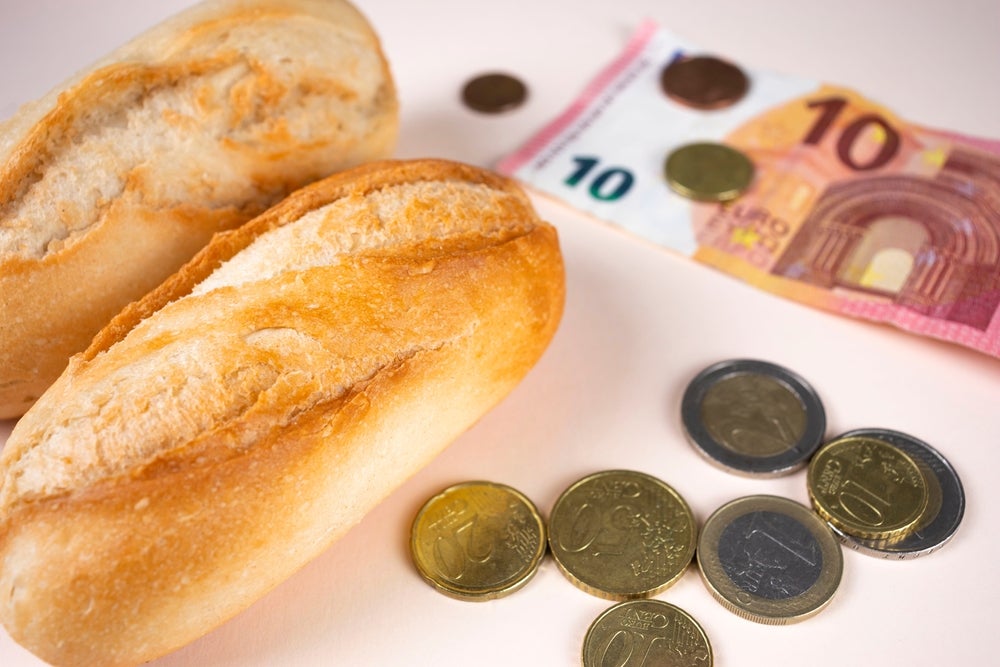
The UK government is forging ahead with its controversial ‘food price cap’ plan, despite resistance from major supermarkets.
The Department for Environment, Food and Rural Affairs (Defra) has taken a proactive step by publishing a tender for researchers to develop a ‘single food price model’.
The aim of this model is to provide valuable insights to ministers regarding the most effective ‘Government interventions’ to control food prices.
Supermarkets raise concerns over proposed food price cap
The government’s food price cap proposal has sparked a heated debate within the supermarket industry. Major supermarkets have expressed concerns about the potential negative impact on their businesses.
They argue that imposing such a cap could lead to reduced profits and limited availability of certain products.
This disagreement between the government and supermarkets highlights the challenges of finding a balance between consumer affordability and ensuring a sustainable retail sector.
Defra seeks researchers for ‘single food price model’
Defra has taken a proactive approach to addressing the concerns raised by major supermarkets.
By publishing a tender for researchers to develop a ‘single food price model’, the department aims to gather expert analysis on the potential consequences and effectiveness of different government interventions.
This model will play a crucial role in providing evidence-based recommendations to ministers, allowing them to make informed decisions about food prices.
The ‘single food price model’ will enable researchers to analyse various factors, such as production costs, supply chain dynamics and consumer demand. By comprehensively understanding these variables, the government can better assess the potential impacts of different policy interventions on food prices.
Ultimately, the aim is to strike a balance that ensures affordability for consumers while also maintaining a competitive and sustainable retail sector.
Implications for consumers and the retail sector
The government’s determination to push ahead with the food price cap plan has significant implications for both consumers and the retail sector. On the one hand, the cap could provide relief to consumers who have been grappling with rising food prices.
By implementing appropriate government interventions based on the findings of the ‘single food price model’, the government aims to stabilise prices and ensure that essential food items remain affordable.
However, the proposed cap has raised concerns among supermarkets. They argue that it may limit their ability to operate profitably, potentially leading to a reduction in product availability and variety.
This could have a knock-on effect on consumer choice and convenience. Furthermore, it could impact the viability of smaller retailers who already face challenges in competing with larger supermarket chains.



